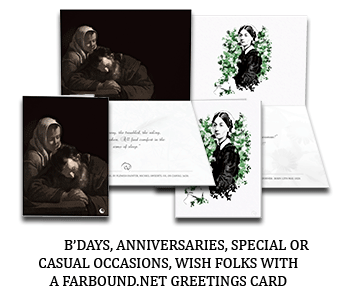National Museum Delhi, New Delhi, India.
Warhorses of Vijayanagra.
Three centuries after the demise of the Vijayanagara Empire, remnants of an ornamented granite pillar reveal the empire’s love for equine companions.
Horses, it appears, were revered for their crucial role in warfare and venerated with sculpted images adorning pillars, temples, ceremonial halls and monuments. History records bulk imports of the finest Arabian steeds from lands as far away as Persia for mix breeding and riding into battle – with the emperors even paying for the ones that died along the way.
Vijayanagara, meaning the city of victory, was a regional superpower in South India, with a martial Hindu monarchy at the helm. The galloping war machines served as a key element in their war strategy when it came to inflicting crushing defeats on the empire’s powerful Islamic neighbours.






